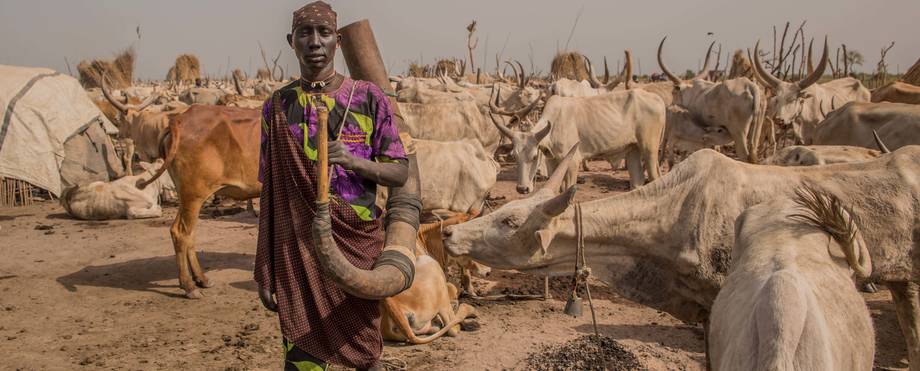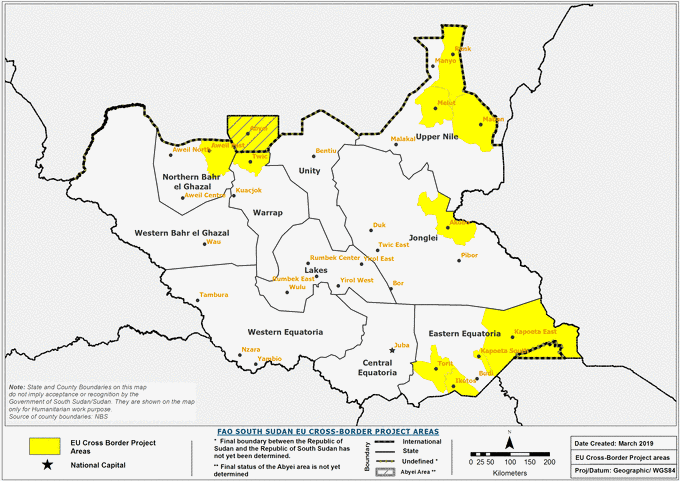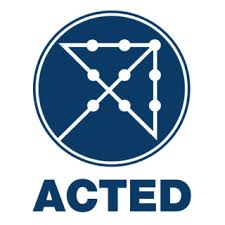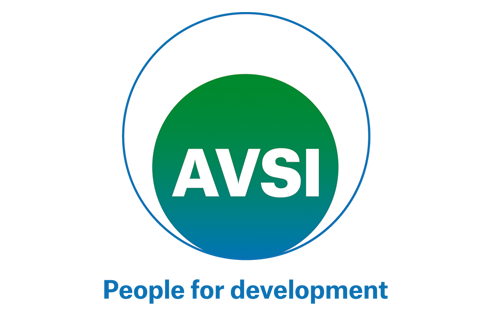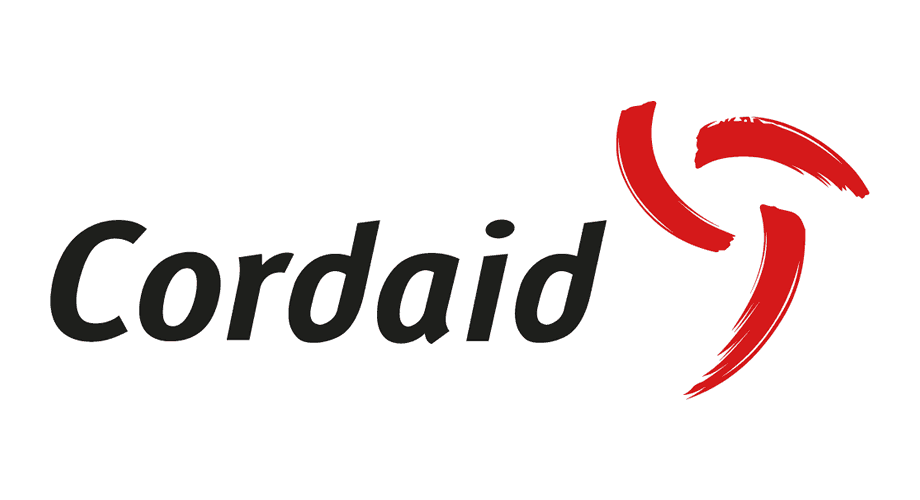What the project does

This project fills the nexus between humanitarian and development programming in the areas of South Sudan to promote resilience of vulnerable households and communities.
The "Cross-border" project contributes to Objectives 2 and 4 of the EU Emergency Trust Fund for Africa, namely to strengthen the resilience of the most vulnerable (Objective 2) and to improve governance and conflict prevention and reduce forced displacement and irregular migration (Objective 4). In addition, the project aims to contribute to the Government’s National Development Strategy (2017–2021).
The project is structured into four interlinked components
Four interlinking results are intended to mitigate natural resource-based conflict and to reduce forced displacement and irregular migration in cross-border areas between South Sudan and neighbouring countries:
- Strengthen agriculture and food security policy through quality and timely information with a focus on pastoral and agro-pastoral cross-border areas, and agricultural and food security information systems.
- Establish transboundary livestock disease surveillance and control services in border areas.
- Support the productive capacity of local actors – including agro-pastoral communities, women, youth and disadvantaged groups - with viable alternative livelihood sources and promote livestock/animal products trade and marketing.
- Enhance natural resource management in border areas through community-based management and participatory planning, supported by strategic interventions to enhance access to water, pasture, forest and crop land.
Implementation areas
The project covers four areas (“clusters”) in South Sudan that cross the border into Sudan, Ethiopia, Kenya and Uganda
The project covers four areas (“clusters”) in South Sudan that cross the border into Sudan, Ethiopia, Kenya and Uganda
- the Abyei cluster, with specific supporting activities in northern Bahr el Ghazal
- Warrap, along the border with Sudan;
- the north-east cluster, including Maban, Melut and Renk;
- the south-east/east cluster with Torit, Ikotos, Kapoeta East and South; and
- the Akobo cluster.

